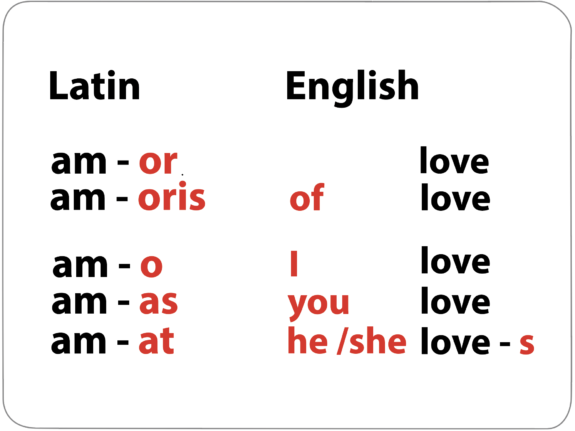
Grammar
Used here to include syntax, morphology, phonetics, phonology, the phonotactics, and syllable structure
Using the term, grammar, in a very wide sense
Grammar was once thought to be the corner stone of education. Hence the term ‘grammar school’. It was once widely thought, and it is still thought by some, that the corner stone of grammar is the morphology of classical Latin and classical Greek, in both cases greatly more complex than English.
Modern definitions of grammar vary widely. Some regard grammar as another word for syntax. Some take grammar to include both syntax and morphology. Here I am using the term grammar even more broadly to characterise everything in the learnability space apart from the lexicon, that is to say, syntax, morphology, phonetics, phonology, the phonotactics, and syllable structure.
It is now commonly thought that on almost any modern definition of grammar it makes little or no sense to characterise this as a variable across languages. There is no such thing as a language with a simple grammar. Some languages are complex in one way, others in other ways. Almost every language has a cross-linguistically unusual complexity in one area or another. In sentences like “Your dinner has been eaten by the dog” from “The dog has eaten your dinner”, English happens to form passives in a cross-lingjistically complex way. In this case by reversing the positions in the structure of the dog and your dinner, changing the form of the verb eat, and introducing the forms been and by. In ways that this example partially illustrates, the way auxiliary forms work in English is exceptionally complex and correspondingly hard to learn.
The grammar is complex in one way or another in all languages.

